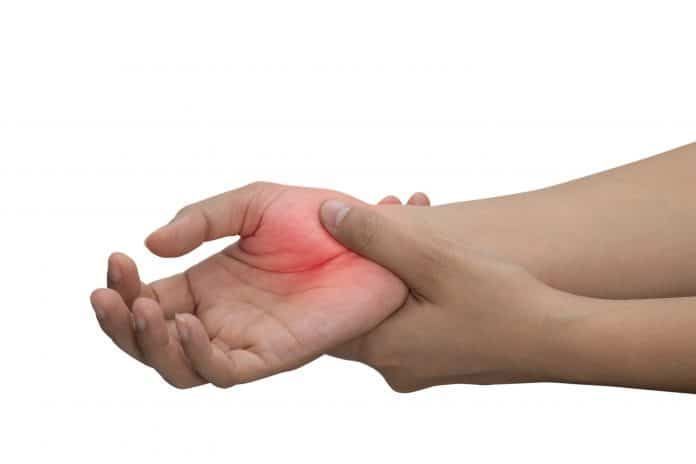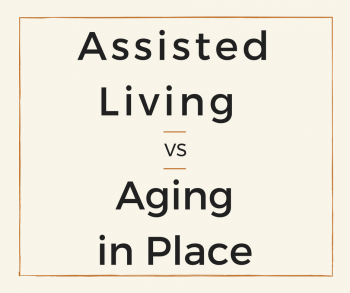How to relieve a pinched nerve ?
Incorrect movement, poor posture, stress or fatigue puts our bodies to the test and our nerves end up suffering ! Whether it is in the back, shoulders or arms, a pinched nerve is very painful and disabling. Fortunately, there are simple and effective solutions to relieve a pinched nerve.
What’A pinched nerve is a nerve that is stuck ?
A pinched nerve is a nerve that is under significant pressure from the surrounding tissue. As tissues, we can mention bones, muscles, or even tendons and cartilage. If the nerve is compressed for a long period of time, a protective barrier forms around it, into which fluid can settle.
This will cause swelling, which in turn will exert additional pressure, resulting in pain, burning, tingling or a feeling of numbness. The pain then radiates along the path of the nerve and this neuralgic inflammatory reaction quickly becomes disabling in daily life.
For example, in the case of Arnold’s neuralgia, the pain felt in the neck can spread to the head to the point of lasting many days or weeks. This can also be seen in the case of a herniated disc in the spine. In the latter case, this condition can put a lot of pressure on the root of a nerve, resulting in pain that will be felt in the back of the leg.
That’what causes a pinched nerve ?
Excessive pressure on a nerve by the tissues in its vicinity will result in a pinched nerve. This pressure is the result of repeated movements or holding the body in one posture for extended periods of time. When we take the case of carpal tunnel, we see a greater vulnerability of nerves located in areas where the presence of protective soft tissue is very weak.
This is the case of ligaments that may become thicker or of the tendon that may become larger.
Numerous factors can lead the tissues to put significant pressure on one or more nerves and cause neuralgia. This can be due to :
- An injury or trauma;
- A herniated disc;
- Hormonal imbalance
- Poor posture;
- Intense physical exercise.
The important pressures are thus at the base of the inflammation of the nerve and thus cause its dysfunction. When this inflammation is not treated properly, the pressure can remain and the pain will continue to persist. Nerve damage can then occur permanently.
It is therefore necessary to consider relieving a pinched nerve as soon as possible in order to avoid such ends.

8 solutions to relieve a pinched nerve
When we suffer from nerve pain, the first thing we think of is rest, but it is not the only solution to relieve our pinched nerve !
1/ Take a rest
Repeated use of the tendons and muscles surrounding the pinched nerve will worsen your condition. It is important to rest until the inflammation subsides. Get more sleep and if you can, lie down on an acupressure mat.
Its pins will cause a secretion of endorphins, ideal for eliminating stress and relaxing inflamed areas.
2/ Immobilize the affected area
If the pinched nerve is in the arm or wrist, a splint can help relieve the pinched nerve. If it is in the neck, a neck brace will support your muscles during the day.
3/ Opt for physical therapy
You can enroll in a program where you will be taught strengthening practices to help stretch the muscles in the affected area and relieve a pinched nerve. Gentle yoga combined with stretching is recommended in case of neuralgia.
4/ Get a massage
The pressure exerted will relieve the pinched nerve and reduce the pain felt. Not to mention that a massage will remove accumulated stress and allow the body to relax, as well as the muscles surrounding the pinched nerve.
5/ Combine hot and cold
To reduce the inflammation of the painful area, you can alternate the application of heat and cold. Place an ice pack with a soft cloth over the pinched nerve for 15 minutes to reduce inflammation. Then apply heat, with a compress or a hot water bottle.
This will stimulate blood circulation and accelerate healing.
6/ Take anti-inflammatory drugs
These anti-inflammatory drugs should not contain steroids such as ibuprofen or naproxen. They can help you not only to relieve pain, but also to reduce swelling in the nerves.
7/ Do low impact sports
Inactivity can also cause a delay in healing and lead to muscle loss. Certain sports such as swimming or walking are very effective without putting too much strain on your joints or tendons.
8/ Consult a physician
If the symptoms do not subside after one week, consult your doctor. He will prescribe an appropriate treatment and, depending on the location of the pinched nerve, may also recommend additional tests. If the neuralgia is due to a herniated disc, a surgical operation may be considered.
Why use TENS therapy by electrical stimulation to relieve lower back pain ?
First of all, you should know that TENS is an acronym for “Transcutaneous Electrical Neurostimulation. It is a technique based on the use of an electric current to relieve pain. It will be very efficient to solve your problems of back pain or pinched nerves.
The pain-relieving electrostimulation technique for back pain that you can take advantage of with TENS is available in the vast majority of clinics. It is therefore a therapy that is accessible to everyone, and that offers several benefits. It is indeed very effective, and this is one of the main reasons why we recommend you use it.
To take it a step further, scientific studies have been conducted and have shown that TENS therapy can effectively relieve chronic back pain. According to experts, this therapy can be used as an immediate additional treatment. It can have guaranteed positive effects in the short term.
In addition, in the case of people who suffer from migraines, rheumatoid arthritis of the hand, or pain related to radiculalgia, TENS therapy can bring good results. You can also use it in case of various chronic pains such as :
- Myofascial syndrome
- Low back pain
- Osteoarthritis
- Diabetic neuropathy
- Pancreatitis
- Dysmenorrhea
- Osteoarthritis of the knee, and many others.
With TENS therapy, details such as the number of sessions, the duration of the treatment, or the intensity of the current used are variable depending on each patient. For those who need several sessions a day, a portable neurostimulator can be used. You can use it at home or at work, and enjoy the treatment without having to go anywhere.


